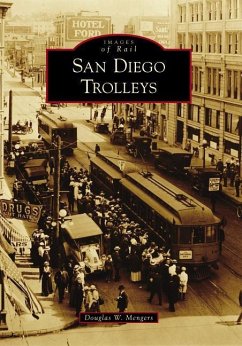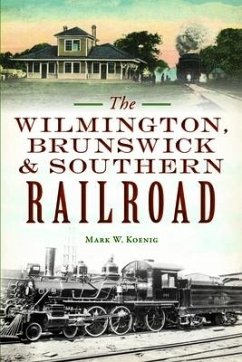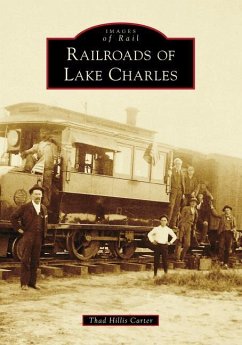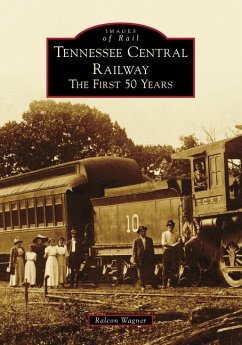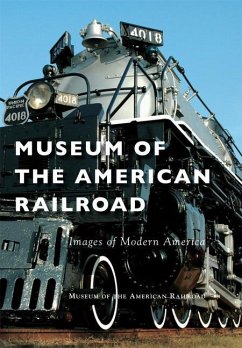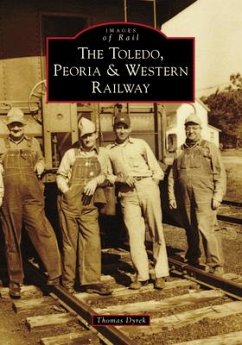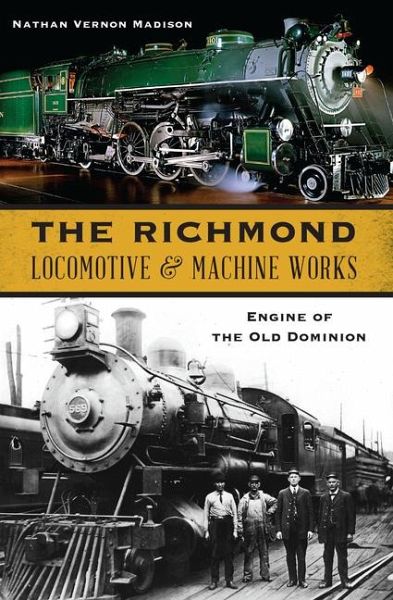
The Richmond Locomotive & Machine Works
Engine of the Old Dominion
Versandkostenfrei!
Versandfertig in über 4 Wochen
18,99 €
inkl. MwSt.

PAYBACK Punkte
9 °P sammeln!
Experience the thriving industry and commerce of Richmond during the Gilded Age. The Richmond Locomotive Works was born out of the ashes of the evacuation fires at the end of the Civil War. The company grew, despite numerous financial and personnel difficulties, to become one of the city's single-largest employers, an industrial behemoth that provided livelihoods to thousands upon thousands of men over the course of its existence. Over a span of sixty years, the facility produced a myriad of industrial products, including thousands of steam locomotives that traversed rails throughout the Unite...
Experience the thriving industry and commerce of Richmond during the Gilded Age. The Richmond Locomotive Works was born out of the ashes of the evacuation fires at the end of the Civil War. The company grew, despite numerous financial and personnel difficulties, to become one of the city's single-largest employers, an industrial behemoth that provided livelihoods to thousands upon thousands of men over the course of its existence. Over a span of sixty years, the facility produced a myriad of industrial products, including thousands of steam locomotives that traversed rails throughout the United States and across the world. Historian Nathan Vernon Madison provides, for the first time since its closure in 1927, a thorough and complete history of this Richmond institution.



